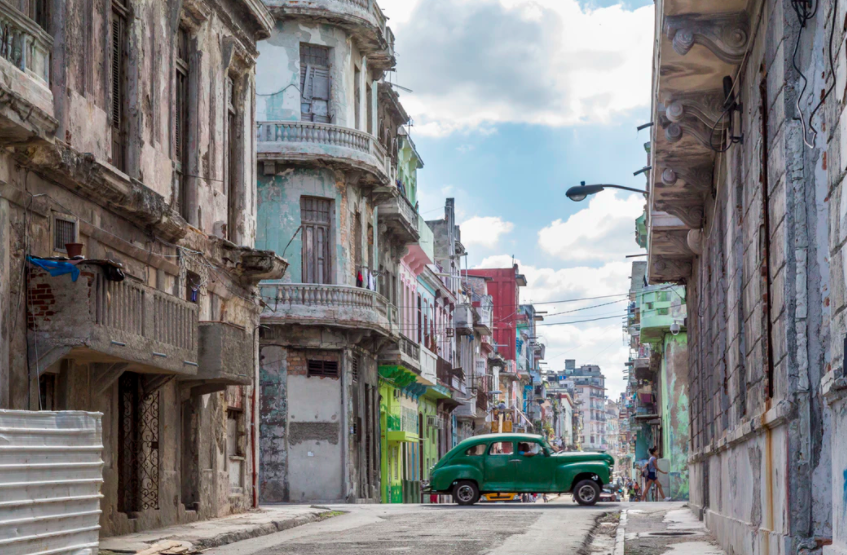We are all familiar with the stereotypes: Cubans are communists, the ones who left Cuba came to the US on a boat and we all moved to Miami after leaving Cuba. We’ve all heard this at some point in our lives, we all felt enraged when such topics kept on coming out every time we told someone that we were born in Cuba. But we think that time has come to change the paradigm and the negative bias and talk more about the things Cuba excels at, about those discoveries that changed human history, about the great Cuban achievements.
We picked three of the major Cuban achievements that more people should be aware of, some of the reasons that should make us feel even more proud to be Cubans.
The Cuban health system focused on prevention, delivered free of charge
According to Morningstaronline.co.uk, before the revolution, Cuba had only three medical schools which were exclusively for wealthy Cubans. Today there are 23 medical schools training Cubans and overseas medics, free of charge – compared to over £70,000 to study medicine in England.
This has led to one of the highest doctor-to-patient ratios in the world: over eight for every 1,000 citizens – more than double the rate in the US and in the UK. Also, Cuba has a similar life expectancy to the US and a lower infant mortality rate: 4:1,000 live births compared to 5.7. Women receive a minimum of 13 antenatal check-ups during pregnancy and maternity homes care for those with high-risk pregnancies or social problems. All Cuban families receive a minimum of an annual visit from the family doctor. As well as carrying out routine health checks such as blood pressure and heart checks, they also monitor lifestyle and other factors that can affect health. Higher risk families, for example, those with existing health conditions, or smokers, are seen more regularly.
Gender equality: Cuba was the first country to sign and the second to ratify the Discrimination against Women convention.
Cuban women are educated in impressive numbers (largely thanks to the revolution’s commitment to free, universal education) and are well represented in important fields as professors, doctors, economists, etc. In 2019, Cuba ranked second in the world in terms of most female representation in the country’s main governing body with a Congress that is 53 percent female. For perspective, the United States is ranked seventy-seventh on that same list, our Congress being only about 23 percent female.
Yes, Cuban women are the ones expected to keep house and cook meals. But that pretty much happens all around the world and that’s one of the challenges women may not have seen coming.
Education: The literacy rate in the country is 99 percent. Cuba offers free education from elementary school through university.
The high literacy rate is the result of the Cuban Literacy Campaign, an eight-month long effort to abolish illiteracy in Cuba, which began in April 1961 and ended on December 22, 1961. Before 1959 the literacy rate for Cuba was approximately 77%, as noted by UNESCO. According to Wikipedia, the Cuban government of Fidel Castro at Che Guevara’s behest dubbed 1961 the “year of education” and sent “literacy brigades” out into the countryside to construct schools, train new educators, and teach the predominantly illiterate guajiros (peasants) to read and write. By the completion of the campaign, deemed “a remarkable success”, 707,212 adults were taught to read and write, raising the national literacy rate to 96%.





